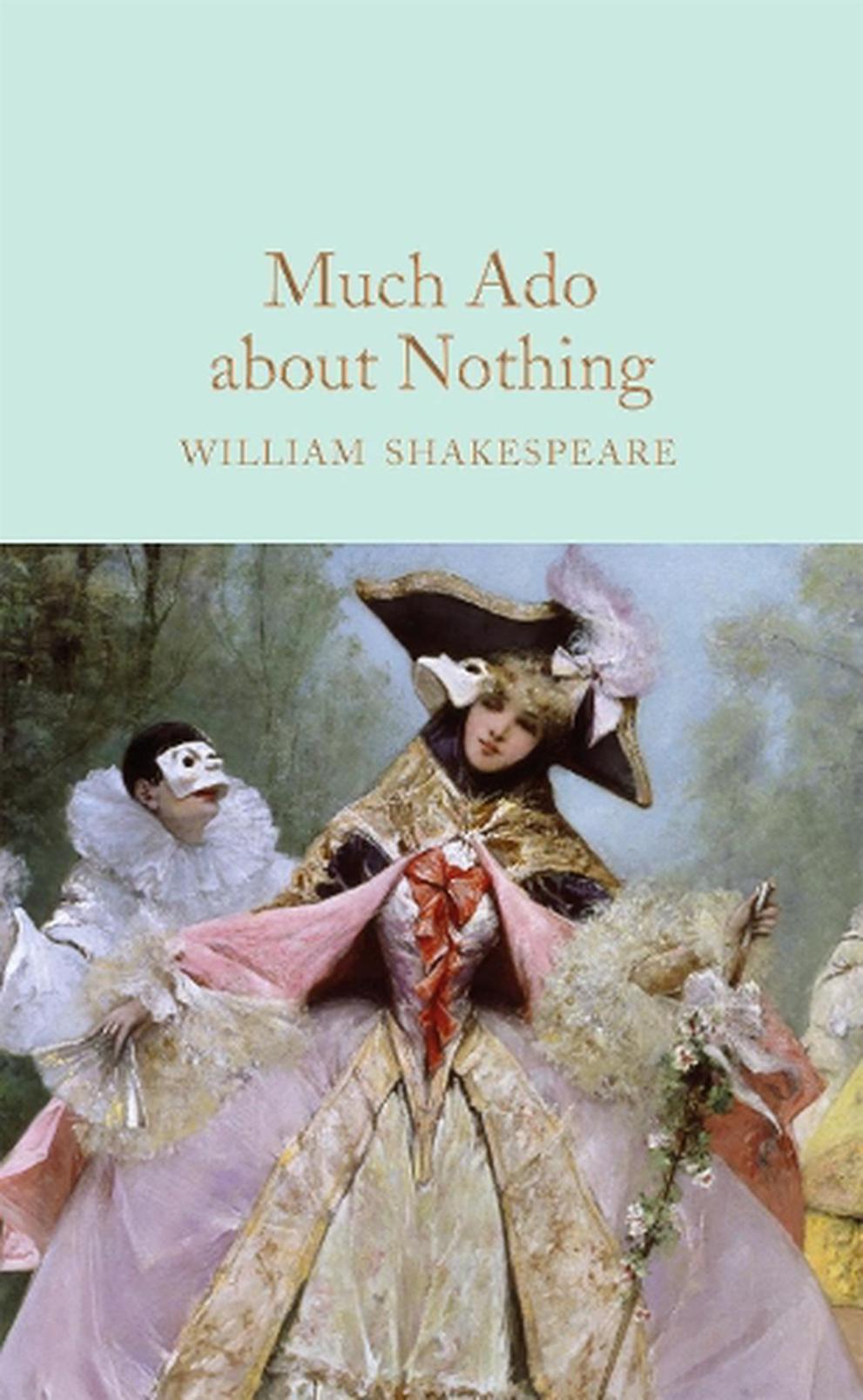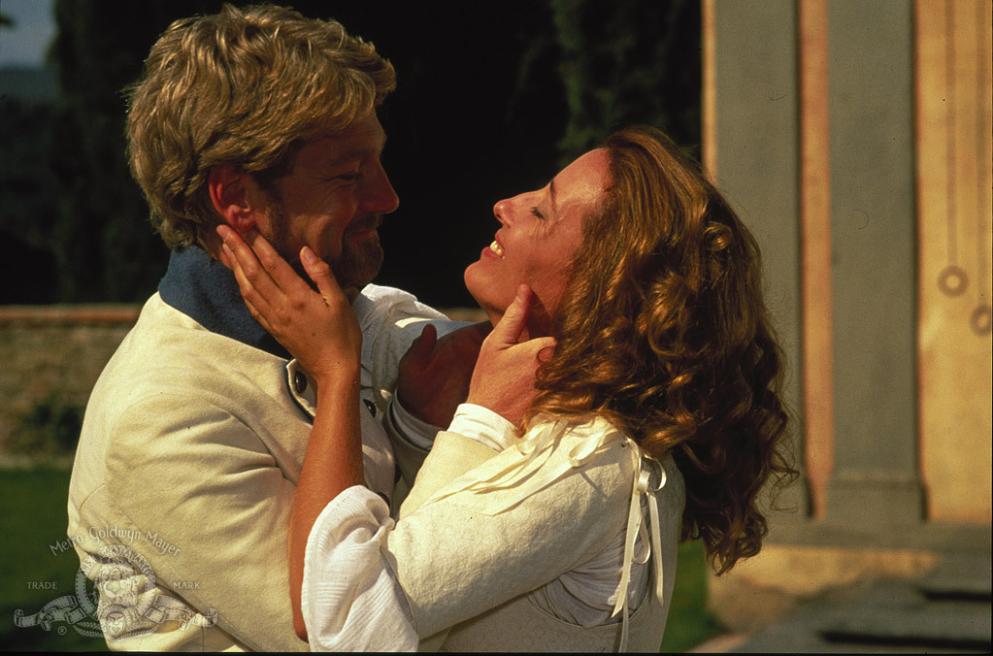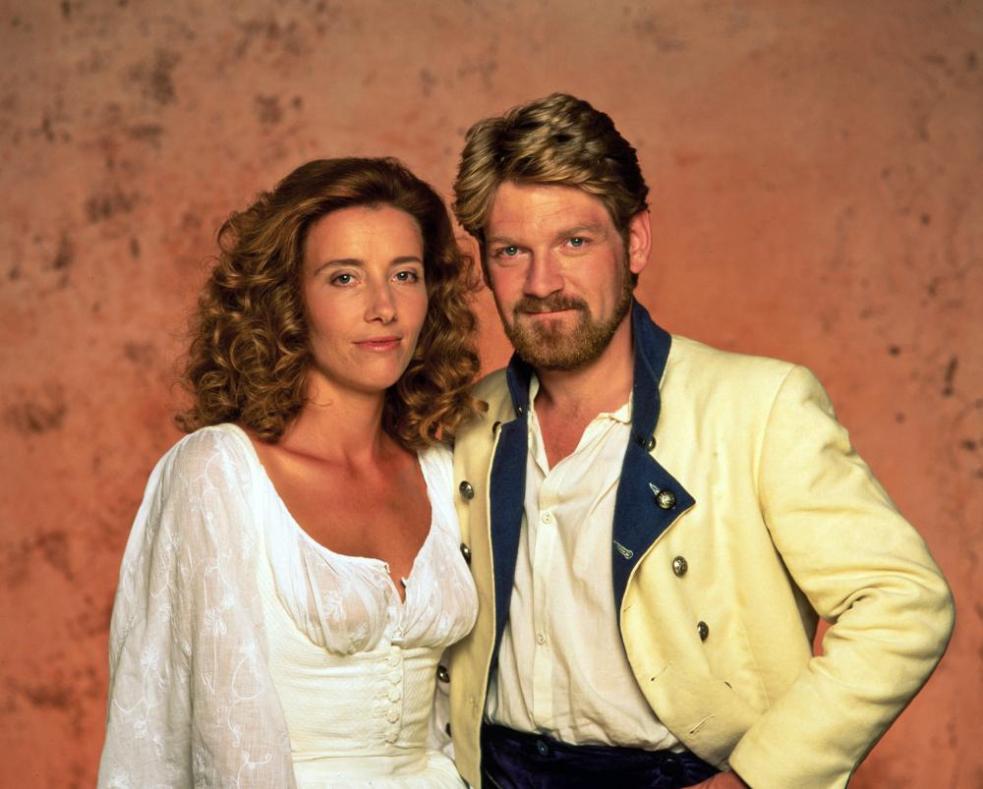How Does Shakespeare Use Wordplay and Puns to Create Humor in Much Ado About Nothing?
William Shakespeare's "Much Ado About Nothing" is a witty and delightful comedy that is brought to life through the playwright's skillful use of wordplay and puns. This article explores how Shakespeare employs these literary devices to create humor and enhance the play's comedic elements.

Shakespeare's Use Of Wordplay
Wordplay is a literary device that involves the use of words in a humorous or clever way. It can take many forms, including puns, malapropisms, double entendres, paronomasia, and oxymorons.
Types Of Wordplay Found In "Much Ado About Nothing"
- Puns: Words or phrases with multiple meanings used for humorous effect.
- Malapropisms: Misuse of words, often for comedic effect.
- Double entendres: Words or phrases with two meanings, one of which is hidden or suggestive.
- Paronomasia: Use of words with similar sounds but different meanings.
- Oxymorons: Combining contradictory terms for emphasis or humor.
Examples Of Wordplay And Puns In "Much Ado About Nothing"
Shakespeare employs wordplay and puns throughout "Much Ado About Nothing" to create humor and add depth to the characters and their relationships.
Beatrice And Benedick's Witty Banter
Beatrice and Benedick, two of the play's main characters, engage in witty banter that is filled with wordplay and puns. Their clever exchanges reveal their sharp wit and their attraction to each other.
BEATRICE: I wonder that you will still be talking, Signior Benedick. Nobody marks you.
BENEDICK: What, my dear Lady Disdain! Are you yet living?
Dogberry's Malapropisms

Dogberry, a comical constable, frequently misuses words, leading to humorous misunderstandings. His malapropisms add to the play's comedic elements and highlight his character's lack of education.
DOGBERRY: Marry, sir, they have committed false report; moreover, they have spoken untruths; secondarily, they are slanders; sixth and lastly, they have belied a lady; thirdly, they have verified unjust things; and, to conclude, they are lying knaves.
Benedick's Soliloquy On Love
In a soliloquy, Benedick reflects on his changing feelings towards Beatrice. Shakespeare uses wordplay to convey Benedick's confusion and his realization that he is in love.
BENEDICK: O, she misused me past the endurance of a block! An oak but with one green leaf on it would have answered her; my very visor began to assume life and scold with her. She told me, not without oaths, that I was ugly; and that I had no more wit than a Christian or an ordinary man.
The "Nothing" Motif

The word "nothing" appears frequently throughout the play, often in humorous contexts. Shakespeare uses this motif to create irony and highlight the play's themes of love and deception.
BEATRICE: Nothing, I; but God send me a good husband!
BENEDICK: God send me a good wife!
The Function Of Humor In "Much Ado About Nothing"
Humor plays a vital role in "Much Ado About Nothing," contributing to the play's overall tone and atmosphere.
Humor's Contribution To The Play's Tone And Atmosphere
The humor in "Much Ado About Nothing" creates a lighthearted and festive atmosphere. It helps to balance out the play's more serious moments and keeps the audience entertained.
Humor's Role In Developing Characters And Relationships
Humor is used to develop the characters and their relationships. It reveals their personalities, their wit, and their ability to laugh at themselves. Humor also helps to bring the characters together and resolve conflicts.
Humor's Contribution To The Play's Resolution
Humor plays a key role in resolving the conflicts in "Much Ado About Nothing." It helps to break down barriers between characters and bring about a happy ending.
Shakespeare's skillful use of wordplay and puns in "Much Ado About Nothing" creates humor, enhances the characters and their relationships, and contributes to the play's overall tone and atmosphere. These literary devices make "Much Ado About Nothing" a timeless classic that continues to entertain audiences today.
YesNo

Leave a Reply